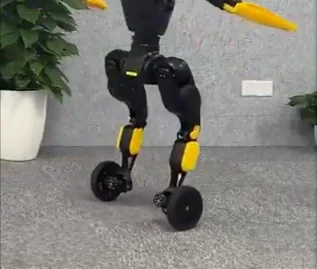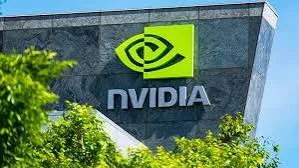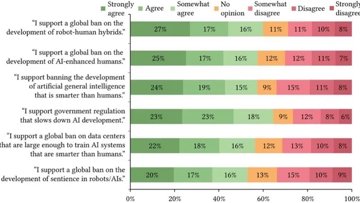In a plot twist that surprised precisely nobody who’s been keeping a keen eye on the autonomous vehicle space, European mobility super-app Free Now announced at Web Summit 2025 its partnership with Chinese tech giant Baidu. The audacious goal: unleash a fleet of Baidu’s Apollo Go robotaxis onto European streets, with the first wave of driverless rides expected to glide into action in 2026. This collaboration signals a rather significant push for Level 4 autonomous ride-hailing in a market that’s been playing its cards rather closer to its chest than its gung-ho US and Chinese counterparts.
Baidu’s Apollo Go is hardly a rookie; it’s a seasoned player, already operating in major Chinese metropolises like Beijing, Shanghai, and Guangzhou, and clearly looking to expand its global footprint. By brilliantly integrating with Free Now’s vast network, which covers over 150 European cities, Baidu gets an express ticket into a notoriously complex market. The plan also neatly complements the aggressive electrification targets in key cities like London and Hamburg, where new taxis are already required to be zero-emission capable – a rather smashing bit of synergy, wouldn’t you say?
Why Is This Important?
This partnership is less about the sheer novelty of a car with no driver and rather more about the intricate geopolitics of technology. It represents the first large-scale deployment of Chinese robotaxi technology in Europe, potentially leapfrogging their US competitors, who are often rather tied up in their own domestic regulatory knots. For European commuters, it promises a tantalising glimpse into a hybrid mobility future where human drivers and autonomous systems not only share the road but also, rather conveniently, an app. For the industry, it’s a crystal-clear signal that the race for autonomous dominance is going global, and frankly, the finish line is still a rather hazy mirage on the horizon.













